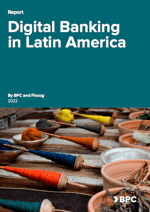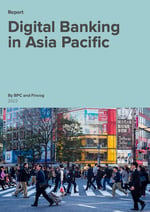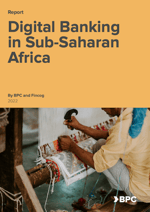In Africa, fraud remains an unfortunate yet glaring reality – with the continent hosting five of the top ten countries most affected by fraud, according to the Global Economic Crime and Fraud Survey. This shows a clear need for institutions to develop strategies that are both dynamic and sustainable when it comes to mitigating fraud.
Dynamism matters because the old-guard methodologies, based on manual monitoring and detection, are not suitable in the 21st century. Digital transactions have seen explosive growth, with phishing and online scams identified by Interpol as the most significant threats. It is only becoming more evident that the age-old manual approach is now redundant – not just because of the volume but also due to the escalating sophistication of fraud techniques.
Unfortunately, this has been exemplified by the operation carried out by Interpol last year across 14 countries, showing the expansive networks of cybercrime in Africa. With more than $120m of stolen funds intercepted, the operation underscored the depth of sophistication and global reach these networks possess. With cybercriminals devising novel methods and even colluding with internal bank staff, the risk factor for financial institutions and their clientele has magnified.
This makes the question even more pertinent: How can financial institutions stand in support of merchants?
Embrace technology-driven solutions: With the inherent limitations of manual monitoring, the emphasis should be on adopting automated, real-time solutions. Implementing artificial intelligence and machine learning can play a pivotal role. These systems can adapt, evolve, and, most importantly, predict potential fraudulent patterns, giving merchants an upper hand in preempting threats.
Develop comprehensive fraud solutions: For merchants, the most pressing need is a solution that provides real-time transaction monitoring and encompasses multi-layered statistical profiling. By analysing various aspects like card details, terminal IDs, merchant databases, and device information, financial institutions can offer a robust tool to detect anomalies and assess risks with acute precision.
Empower and educate: Beyond just technology, prevention also lies in empowerment. Financial institutions can offer platforms and educational modules for merchants to better understand the fraud landscape. Giving merchants the tools to set parameters for their transactions based on various risk factors can reduce false positives and offer more control.
Strengthen internal controls: While much of the focus is on external threats, internal vulnerabilities can be just as detrimental. Financial institutions need to champion a culture of transparency and integrity. By implementing rigorous internal controls, like clear segregation of duties, stringent access controls, and regular audits, banks can provide an added layer of security, reducing the risk of insider fraud, which can be particularly insidious.
Collaboration is key: Given the vastness of the issue, no single entity can combat fraud in isolation. Financial institutions should champion collaborative efforts, pooling resources, intelligence, and strategies with merchants to create a unified front against cyber threats.
In conclusion, the onus of mitigating fraud in Africa doesn’t solely rest on merchants. Financial institutions, with their resources and expertise, can act as crucial pillars of support. By adopting a multifaceted approach, integrating technology, education, and collaboration, these institutions can not only safeguard their interests but also ensure that merchants are equipped to fight the ever-evolving threats of the digital age.




